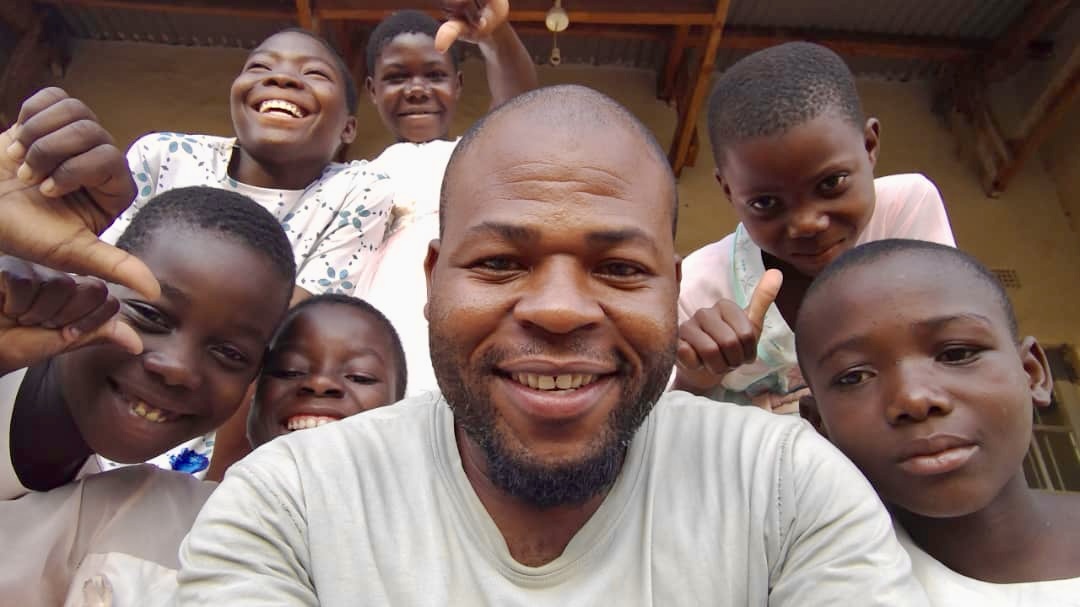Orphan Shade is a nonprofit ministry with a goal of caring for and raising double orphans (both parents are deceased or the child has been abandoned) in Malawi Africa. The ministry was founded as a result of Pastor Prince Kampomo (a native of Malawi) and I meeting and becoming friends in the Woodlands, Texas in 2015/2016. We were jointly given a God inspired vision that we cannot lay down.
A bit a background. The Republic of Malawi is a landlocked country of ~17 million people in southern Africa. Malawi borders Mozambique (south, east & west), Tanzania (northeast) and Zambia (northwest). Malawi is one of the poorest countries in the world. The economy is primarily agricultural with minimal natural resources. The government relies heavily on external aid from the west to meet development needs.
It is estimated that there are about 1 million orphans in the country. This is clearly a staggering number to digest. Orphans are created by the loss of parents from HIV and/or just a short life span. The good news is that orphans are traditionally cared for by the extended family (grandmother, aunts and uncles) in their tribal village. However, these children are often treated as second class citizens within their extended family. This can result in the child as an example working in the fields as opposed to attending the equivalent of elementary school.
The western solution to this crisis is caring for these children in an residential/institutional orphanage. There are many orphanages funded by western churches and NGO's throughout the country who are caring and serving this population. While intentions of these institutions are very noble, they remove and isolate children from their extended family and the culture of their tribal village. In addition, these children tend to experience a variety of psychological disorders due to abandonment and isolation from the outside world.
The Orphan Shade model is very different. We plan to build a small African style three bedroom home in a remote tribal village where Pastor Prince Kampomo has planted a local church. Orphaned children will be selected for the home from their own local tribal village. The children (6 to 8 per house) will raised in the home by loving houseparents who will be under the supervision of a pastor from the local church. This model facilitates a continued connection with the child's extended family, their local community and the local church. We believe that this model can subsequently be scaled in the local village and in other villages.
The feedback that we are receiving from authorities in Malawi is that the model is very unique and appealing. Both the quasi-government organization that approves and regulates NGO's and the government ministry that oversees orphan children are intrigued by our model and are looking forward to us getting started.

Subscribe to our Newsletter



.JPG)




